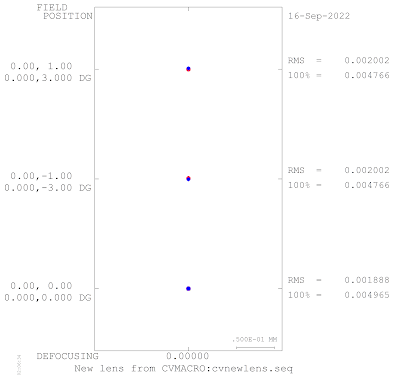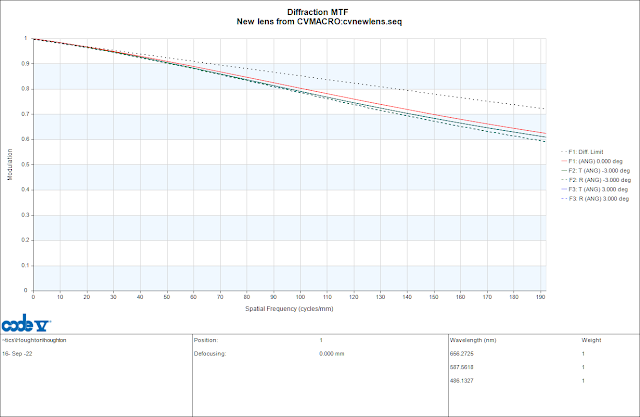I really love the IMX183 from Sony. For a very good price, you get 20 million BSI pixels with photon-counting levels of read noise and negligible dark current - truly a miracle of the economies of scale. The sensor is also large enough to have good light gathering capabilities, yet small enough to work with compact optics.
The problem is taking advantage of all 20 million of those pixels. 20 MP isn't that much - 5400-pixel horizontal resolution leaves you with precious little room to crop to 4K so actually resolving 20MP is important. You can't really buy a telescope that resolves 2.4um pixels - in the center anything diffraction limited will work, but if you want a fast, wide system getting good performance in the corners isn't happening. Obviously, the answer is to design your own telescope.
Now, I have zero interest in making telescopes - grinding your own lenses is ass and generally a poor use of time. If I wanted to spend time doing repetitive tasks I'd pick up embroidering or something. As such the system is designed to be reasonably manufacturable by an overseas vendor.
The telescope is a Houghton-type design with integrated field flattener, a focal length of 150mm, an entrance pupil of 76mm (3"), and a 6-degree field of view covering a 16mm sensor. The optical performance is pristine:




No comments:
Post a Comment